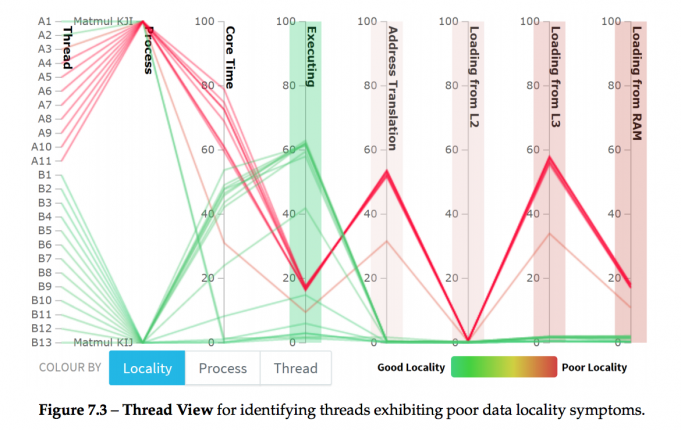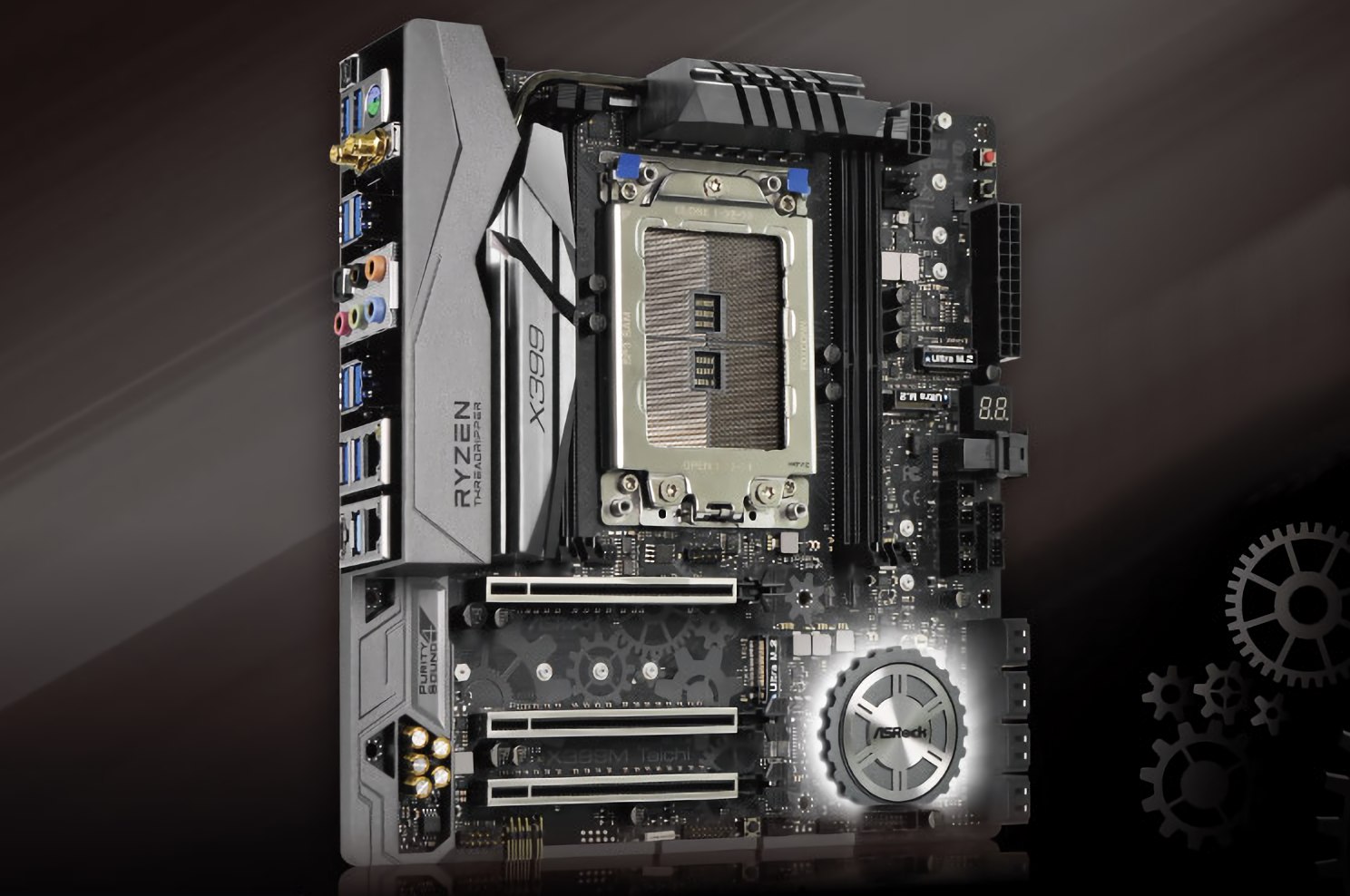at the same price and power consumption...
at the same price and power consumption...
https://en.wikipedia.org/wiki/False_dilemma
If I could ride a magical unicorn across the universe at lightspeed I would too. Sadly, I can't and sadly you will never have such a scenario. So, back in reality, if you want higher clocks, you will have higher power consumption due to
physics. The higher the clocks the higher the power inefficiency. So, even though I could run my processors at 4Ghz and higher, 3.7Ghz is the ceiling for me before drastic inefficiencies. So, that's where I draw the line ... At a sensible point before full on idiocy. The focus at such a point is on writing software and utilizing the hardware to its fullest.. for a good number of years before sensibly upgrading. In no time, my power house is obsoleted by the new gen's mid tier which is why I never go full retard on hardware specs or silly cooling solutions.
At modern day clocks it most certainly is my friend. Outside of playing around with gaming and having the most uber rig and fps, the focus is on core count, memory technology, and i/o. The big innovations happened in memory/storage. There's nothing to rant about 24/7 there because its plug and play hardware (typically). Meanwhile, on CPUs : Muh Mhz... Were literally hitting the limits of physics on clocks and people are still ranting about Muh Mhz. Roasting alive for fps prizes.
For my workload, I focus on what's sensible. Always have and will in computing. I'm not paying double to shintel for a clock speed crown. I won't pay double to AMD either which is why I didn't buy their X series processors. It's just not sensible.
For my workload, I was previously on a quad core that clocks into the 4Ghz range... higher than both of my AMD processors even though it came out years before. Yet, I'm on a lower clocked setup because clocks don't matter for what I do or anyone doing a
serious workload when you have cores to throw at it. A serious workload is what enterprise faces. They're in the 2Ghz/3Ghz range. Their focus is on power efficiency, storage technology, and in-memory software. Meanwhile, in the meme segment of the consumer market, we have people ranting about Muh clock speeds. WE HAZ more serious workloads than google. No, meme level workflows/software and gaming drive such commentary. It's not impressing anyone who deals w/ serious enterprise hardware, software, and workflows.
Yeah, I still have my 4 core intel. I play goofy games on it from time to time.
And yeah, I know AMD made an 8core that cost 1/2 as much as I paid for my 4 core intel.
I bought one. Then AMD came out with 16 core. I bought one of those too.
There's 32 core epyc but I decided I'll hold off until 64 core rome to buy an enterprise rig. I'll likely sell off my AMD rigs and consolidate at that point.
Gaming.. given the crappy state of the industry, I'll probably still be using my 4 core 4Ghz+ intel for many more years having a blast. Oh and I have a NUC too which I toss in my bookbag for from time to time... A stellar product from intel. I love the skull NUCs but intel has lost their mind on pricing with them so its a quick writeoff.
So, an interesting revelation. I own both intel and AMD machines. I was a long time Intel builder. And yet here we are....
AMD began kicking intel's but and since I'm not a brand shill, I jumped ship to the best valued hardware platform and will do so whenever it happens again and again and again.






